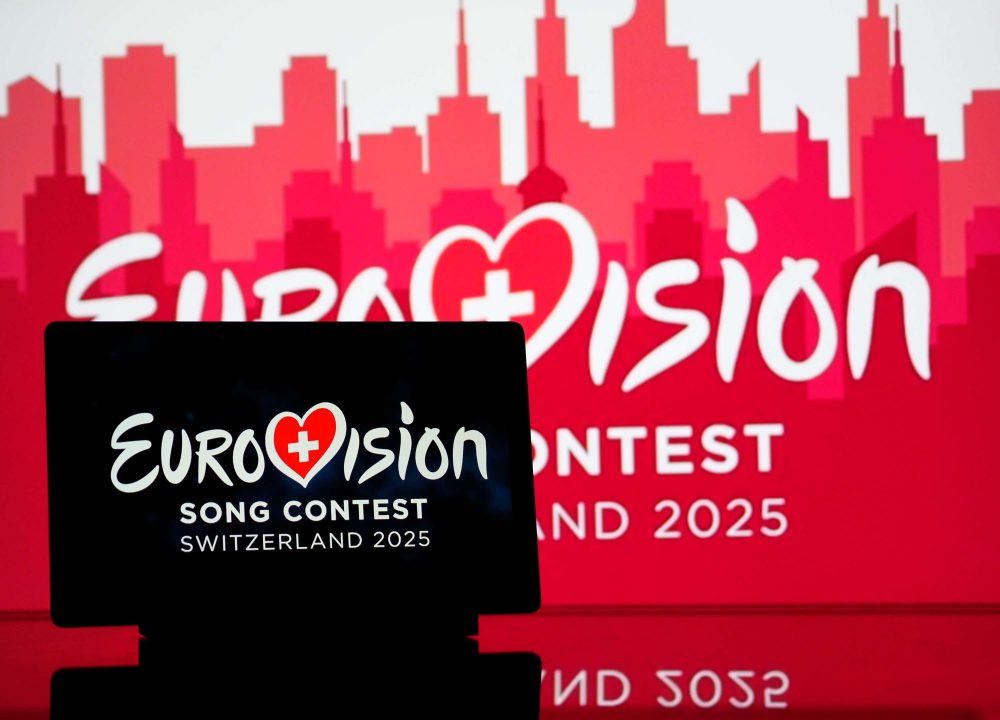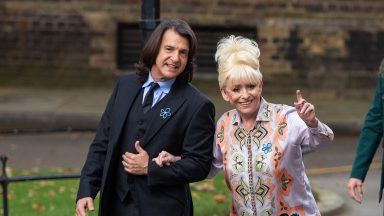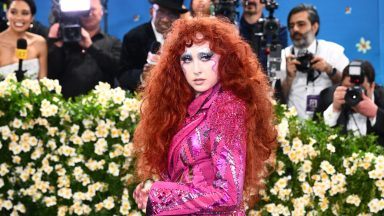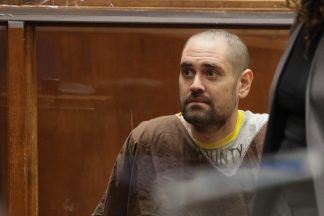Fans of songs with key changes, unusual time signatures and the occasional “la la la” or “na na na” can look forward this week to one of the most musically satisfying Eurovision contests for several years.
A total of 37 countries will take to the stage in Basel in Switzerland over the next few days, ahead of the grand final on Saturday.
While the event will deliver its familiar rich mix of spectacle, pride and eccentricity, this year also sees a revival of certain musical and stylistic features that had all but disappeared from Eurovision in modern times.
Perhaps the most striking comeback at the 2025 contest is the key change.
This staple of Eurovision from the 1950s to the 1990s fell out of favour in the early 2000s and became steadily less common until it disappeared entirely – for the first time in the event’s history – in the 2023 contest.
Eurovision Song Contest final: songs with key changes
A key change was used in only one of 2024’s entries, but this year it appears in five, including the favourite to win, Bara Bada Bastu by Sweden, as well as songs from Iceland, Israel, Ukraine and host nation Switzerland, according to analysis by the PA news agency.
Also staging a modest revival in 2025 are songs with a time signature not based on four beats in a bar.
In the early history of the contest, countries frequently used a range of rhythms and structures in their entries, with songs in 3/4 (three beats per bar) or even 5/4 (five beats), before 4/4 became more common from the 1970s onwards.
Recent years have seen time signatures become even more standardised: every song in last year’s grand final had a strict four beats in a bar, the sixth time this has occurred since 2000.
This year the contest boasts a more varied mix of rhythms, however.
Israel’s song is a fast-paced waltz in 6/8 time (two groups of three beats per bar); the Czech Republic’s song is also in 6/8 time, but switches to a disco-style four beats per bar during its middle section; and Ukraine’s entry has four beats per bar, but each beat is actually a group of three quavers, meaning it is in 12/8 time.
Georgia’s song is the most complex of all, with a verse that has five beats per bar, a chorus that has three beats per bar, and a free-flowing middle section with no beats at all, where Mariam Shengelia sings phrases at her own pace.
While experiments with time signatures represent one of the more complex musical characteristics of the contest, one of its simplest are the lyrics “la la la”: a phrase cemented in Eurovision folklore when Spain won in 1968 with a song titled precisely that: La La La.
In both of the following years, 1969 and 1970, 25% of finalists included “la la la” in their lyrics.
The popularity of the phrase waned slightly in the 1970s, but “la la la” was still turning up in 17% of songs in the final as late as 1982.
Eurovision Song Contest final: songs with ‘la la la’ in lyrics
Since then, the “la” has more or less vanished and has been absent in almost every final since 2000.
But this year it makes a rare appearance, decorating the chorus of the Netherlands’ entry C’est La Vie.
Luxembourg has not quite embraced this tradition in full, offering instead a few bursts of “na na na”, while Ireland has gone for “ba da dum bum”.
The UK is represented at this year’s contest by the trio Remember Monday: the first time since 1999 the country has sent an all-female group to the contest.
Their song What the Hell Just Happened? does not contain any key changes or unusual time signatures, but it does manage to both speed up and slow down during its three minutes.
In any other year, these changes in tempo might have helped Remember Monday stand out from the other entries.
But by a curious coincidence, three other countries – Austria, Finland and Switzerland – have all deployed a similar gimmick and entered songs that speed up part-way through.
The UK has also chosen to ignore the current fashion for songs in a minor key and instead is one of six countries whose entry is in a major key, up from two countries last year.
Songs in minor keys were scarce in the early years of Eurovision.
There were none at all in the contests in 1957-59 or in 1964, though 1961 saw the first minor-key winner (Nous Les Amoureux by Jean-Claude Pascal for Luxembourg).
The proportion of songs in a minor key topped a quarter for the first time in 1965 but did not pass a third until 1979, and it took until 2002 to pass 50%.
Eurovision Song Contest final: songs in minor key
Since 2005, more than half of the songs in the final have been in a minor key save for one year (2013), with the proportion passing three-quarters in 2023.
Neither of the two countries that entered major-key songs in 2024 made it through the semi-finals, meaning last year was the first time every song in the grand final was in a minor key.
The world will be spared a repeat of this gloomy scenario in 2025, however.
Five countries automatically qualify for the grand final each year thanks to the size of their financial contribution to the contest’s organiser, the European Broadcasting Union – and one of these is the UK, meaning Remember Monday’s major-key song will definitely be in the final on Saturday.
Follow STV News on WhatsApp
Scan the QR code on your mobile device for all the latest news from around the country


 PA Media
PA Media


























